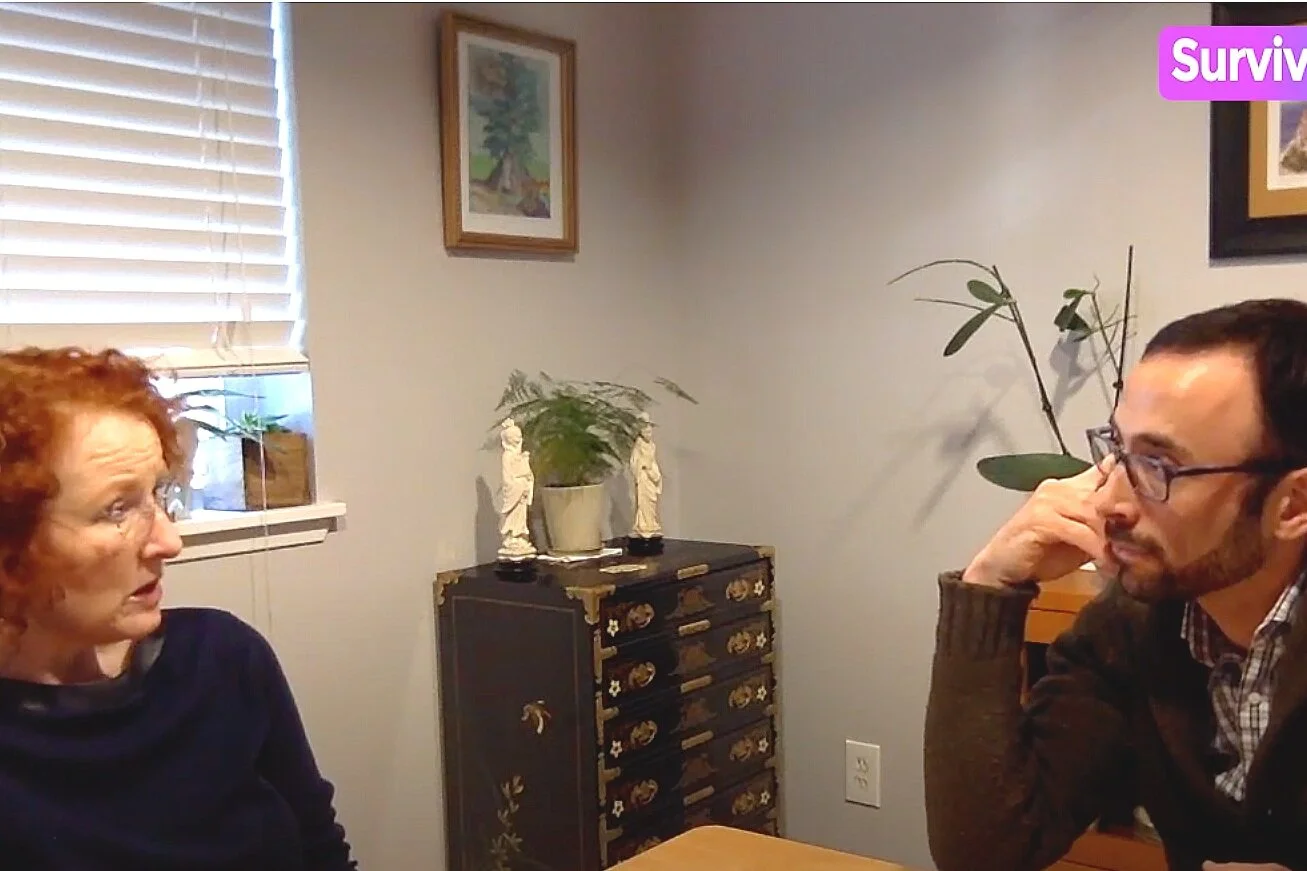Managing Attitudes for Remote/ Home School Learning with Grace
He is : absent-minded, doesn’t listen, fidgety.
She is: bossy, loses things, isn’t fair.
They are: falling behind, vague, unorganized.
We are: trying, struggling, stressed.
Did you automatically label the descriptions above as a child, parent or teacher? Now switch the emphasis to teacher, parent, child and how does that change your point of view or your expectations?
Expectations, we put them on ourselves, exchange them with one another and accept the ones society places upon us. They can be a motivating, logic-based, productive, team building effort or a demoralizing, emotionally traumatizing, never-ending source of conflict. With all the current churn, both internal and external, going on around us I thought this might be a good time to look at how to manage expectations especially when it comes to home or remote schooling. And maybe learn how to give ourselves and others a little grace in the process.
Our current challenge is now pushing us to reevaluate many of our long held assumptions, expectations, methods and goals. An assumption is something that is accepted as true or certain to happen without proof. Expectations are the beliefs that something will or should happen in the future. Both can be emotionally loaded but together they can be paralyzing or infuriating.
So my first suggestion is to stop, take a breath and look at any underlying assumptions you may have attached to your expectations in any given situation. Are those assumptions based on facts, logic, materials you can reference back to? Or are you jumping to conclusions based on an emotional response? Especially true when you have a child in meltdown mode standing in front of you!
This is a good time to ask questions. Why are we doing this assignment? Why is ____ so triggering for my child or myself? Why do the expectations for this seem too_______ or not enough _______? Why are we doing it this way? Do we have other options? Can we change our viewpoint?
Evaluate Your Expectations:
Is this my expectation, my child’s, the teachers, family or a perceived societal construct? Why does this matter to us?
Is this a realistic goal for me, my child, our family? Does it need to change or be dropped altogether?
Define the expectation, make a list of pros and cons, write or say the expectation out loud. Sometimes it gets much clearer when it’s not just rattling around in your head or will sound like the crazy it is.
Are there options for addressing this expectation? Consider new ways of doing things, don’t worry about the opinion of others, try seeing things from another point of view
What resources does this expectation require? Be brutally honest about everyone’s time, abilities, help, patience, and limits. Trouble happens when we ignore the signals about our limits and try to shoot past them.
Is this an assumption based on emotion? Children can make the jump from an emotional assumption to feeling something is a hard expectation or judgement very quickly.
Reviewing your expectations with clarity can help you prioritize the ones that matter and the ones you’re ready to let go of. Parents please don’t just assume you are failing! Remember you are loving parents not trained teachers, coaches or therapists. These are unprecedented times please know we all see the struggle and respect you for it. Be kind and patient with yourselves.
Expectation Management Strategies:
Communication: be clear, specific, concise, reinforce goals with visual aids, charts, reminders, daily affirmations
Make a contract together for goals, desired classroom or home behaviors, again be concise and specific. Include your teacher if possible. Remember this is a negotiation to the benefit of all parties so give your child a voice!
Post your family contract in a space where it can be easily seen and consulted. Plan on amending it as needed. This is about learning and managing changing expectations.
Set realistic goals and be honest. If it didn’t happen in the classroom it probably won’t happen at home and that is okay!
Have regular check-in conversations, scheduled or unscheduled, listen to what is working or not working, everyone gets time to speak without interruption, turn off screens and phones to really listen to one another, truly acknowledge each other.
Deal Breakers: there are some issues or behaviors that can have hard boundaries that do not change, easily, if at all. These can be the daily arguments, atypical behaviors that can harm themselves or others, disruptive behaviors during class time.
Consequences should be talked about when calm and posted by the contract because no one will be listening when upset is in full storm. Again, give your child a voice here, they take more responsibility when they can own it.
Never make a threat, consequence or promise you won’t follow through on. Stick to your position or you will fight the same battle over and over forever. Believe me when I say kids will never forget if you back down!
Change is inevitable, it is the one real and true constant in this world. Learning how to manage change and the expectations that come with it is a gift you can give your child that will last a lifetime. Remember that we are all allies struggling down this road together so give yourself and others a moment of grace. Don’t worry right now about the destination, be patient and open to learning what you can along the way. It may not be the journey you wanted or what you expected but it still has lessons to teach and great value nonetheless.
Please contact me at SenseEnabled.com if you have any questions or would like to schedule a complimentary 30- minute consultation. We can to discuss the challenges you might be having in your remote learning and how reflex integration can improve your child’s experience. Stay safe and wash your hands!
Because every body should be a comfortable place to live







